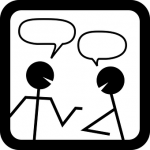Anxiety

Information
Here you’ll find answers to some common questions concerning feeling anxious, stressed or worried
Select the underlined questions below to see more.
Anxiety is a mental and physical reaction to perceived threats, which is sometimes called the fight or flight response. Put simply, it is our bodies preparing to either run away from danger or fight against it and therefore the physical symptoms that you may experience is to prepare your body to cope with the threat
When you feel under pressure, it is a normal human response for you to feel stressed, anxious or worried at certain times. For example, if we had to sit a driving test or go into hospital for an operation, it would be natural to feel anxious. Anxiety can be helpful in small doses as it can focus our attention on problems and protects us from danger. However, when anxiety is too severe, it can be debilitating.
Experiencing anxiety can be frightening and although you may feel like you are alone in your struggles, the reality is that everybody will feel anxious at some point in their life.
The flight or fight response can be helpful when we are met with a real danger for example, stepping out in front of a speeding car. However, these days, some reasons we may feel anxious about are in situations that aren’t generally life threatening, such as:-
- Running late for an appointment
- Walking through a crowded place
- Getting stuck in a traffic jam
These everyday experiences can still trigger a similar automatic response and we may react and feel that we are in real physical danger.
Everyone will experience situations like this which may cause stress or anxiety. Usually these feelings will pass, or anxiety can present as more severe and can therefore go on for longer periods of time
Some studies show that 20% of individuals diagnosed with an anxiety disorder also have a substance misuse disorder.
Since the symptoms of anxiety may resemble the side effects of alcoholism or drug addiction, distinguishing between the effects of anxiety or addiction can be difficult. Financial difficulties, health issues, legal problems and relationship conflicts associated with substance abuse can cause a person’s anxiety to increase.
There will also be some people who will have both anxiety linked to their substance use, and an underlying anxiety disorder, both of which may need treatment, but these treatments may not be the same.
Cannabis
Using cannabis is strongly associated with anxiety type effects. As a person using cannabis you often become anxious or worried as a result of life’s complexities such has personal relationships, financial issues or work etc. In these situations you may rely on cannabis to help reduce these stressful feelings. Cannabis may allow you to temporarily relax after a stressful day or a nervous situation.
However, stress relief is only temporary, and the experienced ‘high’ will eventually cease and the symptoms of anxiety too often return. Cannabis may make you feel ‘normal’ for a short period of time, so you may desire to use the drug more often in order to suppress the feelings of stress. Constant cannabis use to subdue anxious feelings can cause a reliance on the drug to achieve a harmonious chemical makeup within the body.
Unfortunately, the lack of harmony when sober can cause an individual to experience negative feelings, which can create a strong desire to use at times that may affect their school or risk their job and relationships.
Relying on cannabis can also lead to you using other addictive substances as well, to feel calm for longer periods which increase the risks of further addiction and greater anxiety.
Cocaine
Cocaine use and anxiety are very closely linked. Some people who have undiagnosed anxiety disorder may subconsciously self-medicate with cocaine. Unfortunately, cocaine use can cause both anxiety and panic attack disorder in some people. The reality of cocaine misuse or having recently quit will potentially result in abnormally higher levels of anxiety.
There are several ways that cocaine use can affect your anxiety which are briefly explained in the following text:-
- When you use cocaine, certain neurotransmitters in their brain go into overdrive causing an energizing feeling. Two of these neurotransmitters are dopamine and serotonin which are important chemicals that allow you to function properly. Dopamine regulates attention and emotional response, whilst serotonin assists in the regulation of mood and sleep. However, when the brain is flooded with too much of these chemicals, it experiences short-term euphoria which may seem harmless but it is very dangerous. The neurotransmitter hyperactivity can cause a number of side effects such as racing and uncontrollable thoughts. These thoughts can be negative or paranoid in nature, which can result in heightened feelings of abnormal anxiety.
- Addiction to cocaine can result in a person’s life revolving around getting more of the drug which can become the only focus for that individual. This obsessive behaviour can lead to an increased stressful lifestyle. The nature of the addiction can lead to some cocaine users lying and stealing, whilst others find it difficult to keep their job or retain their relationships. This type of lifestyle can be extremely stressful, which eventually leads to higher levels of negative anxiety.
- There are many unpleasant side effects of cocaine use. One of the most disturbing is insomnia. Cocaine can cause insomnia and poor sleep. Sleep is necessary in order for our bodies to properly function. When someone struggles from sleep deprivation, the person can develop symptoms including, anxiety and depression.
Heroin
Some individuals take the high risk step of using heroin to help treat their anxiety. Anxiety symptoms trigger the natural fight or flight response in your brain. This urge can be so strong that a person will do anything to escape from the feeling. Heroin is an unhealthy way to cope, given the longer terms costs to an individual’s mental and physical health. By using heroin to treat your anxiety, you have an increased risk of developing a heroin addiction. But that’s not all. While heroin can calm your nerves, it can also make your anxiety worse over time.
It is important to know that some people with no history of an anxiety disorder can develop one through heroin misuse. If you regularly misuse heroin, over time your brain’s chemistry can change. Once balance is lost, a chemical imbalance can form and trigger an anxiety disorder. Whilst this does not occur with every individual, the stark facts indicate that the more you abuse heroin, the higher your risk.
Following using heroin the effects over time wear off and this is the time period for someone to commonly go through periods of intense anxiety during withdrawal. This side effect can be so extreme that some people can develop anxiety disorders as a result. Unfortunately, the anxiety caused by heroin withdrawal can entrap an individual in the dangerous cycle of addiction.
Diazepam
Diazepam (Valium) is a prescribed medication that is used to relieve anxiety, muscle spasms, and seizures. It is also used to ease uncomfortable symptoms of alcohol withdrawal. Diazepam works by reducing hyperactive brain function which relieves severe stress and anxiety. It is important to know that Diazepam is most often prescribed to people who need help dealing with the stress in their daily life. These people are also the individuals most likely to abuse it. Whilst there are several reasons for Diazepam misuse, many of those misusing the drug don’t take it to get “high”. They take it to feel normal to relieve stress and anxiety. People also misuse Diazepam because it helps them sleep. Diazepam produces a sense of intense calm and euphoria, especially in higher doses.
Importantly when someone starts taking Diazepam more than prescribed dosage, or without a prescription, they increase their risk of becoming addicted and in particular start to want higher doses to get the same effects, this makes it difficult to stop taking. The need for additional Diazepam medication can actually have the opposite effect on an individual’s anxiety resulting behavioural changes, involvement in illegal activity, being secretive and withdrawing from loved ones.
Alcohol
People who experience anxiety often believe that a drink might help them feel more at ease with their anxiety, particularly in social settings, but the reality is that these feelings are short-lived.
The apparent relaxed feeling that some people experience after consuming an alcoholic drink is due to the chemical changes alcohol causes in the brain, which makes people feel less inhibited, and give a sense of “feeling good”. But it is important that you understand that these effects quickly wear off, as the chemical changes reverse, causing “rebound anxiety”.
Unfortunately, relying on alcohol to mask anxiety could lead to a greater reliance on alcohol to relax. The likely impact of this is that you will build an increased tolerance to alcohol, which over time will mean you need to drink more alcohol to get the same feeling. This may lead to an increased risk of becoming dependent on alcohol, with a risk of a number of complications including disturbed sleep and withdrawal symptoms, which will also worsen anxiety.
So, consuming alcohol when you are already experiencing feelings of anxiety can lead to increased psychological symptoms such as feeling depressed, agitated and heightened anxiety. When anxiety is already an issue for you the hangover effects of alcohol can make those symptoms worse.
Drinking alcohol in certain circumstances may also have other impacts. When we drink, we don’t always respond to all the cues around us. A cue reactivity is a type of learned response which is observed in an individual. Alcohol cues increase physiological arousal, subjective craving and alcohol consumption. These effects may be added to by alcohol, making people have less control and leading them into making different choices than normal. These behaviours can result in the person placing themselves in a vulnerable situation.
If you are prone to anxiety and notice something that could be interpreted as threatening in the environment, there is a tendency to focus on that and miss the other less threatening – or neutral – information.
If you feel you are using alcohol to reduce anxiety then we would advise that you seek professional advice so as to safely reduce your alcohol use and get help with your anxiety.
If you require further information around alcohol or require the support of your local specialist Addiction Services please take a look at the Alcohol topic on the site. The information will allow you to make informed choices about reducing or stopping alcohol which will help to improve your overall feelings of anxiety.
Sometimes, it can be difficult to know what may be causing your anxiety which can be upsetting and frustrating.
Everybody experiences anxiety for different reasons, so it’s hard to know exactly what causes anxiety problems. Some people are naturally more thoughtful and cautious and may be more likely to worry more. There are also possible underlying physical health difficulties or an upsetting traumatic life experience that can make you more anxious about bad things happening again. There are also some things that may make anxiety difficulties more likely to happen, these can include: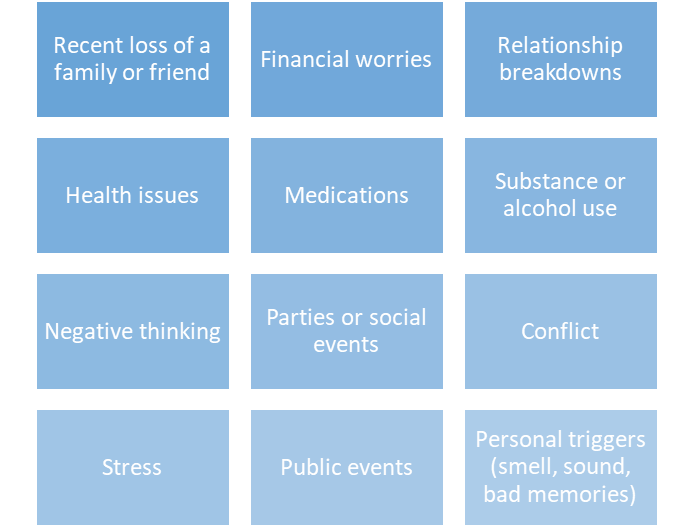
Anxiety can affect you in a lot of different ways and many people will experience different symptoms. Here are some things that it can affect

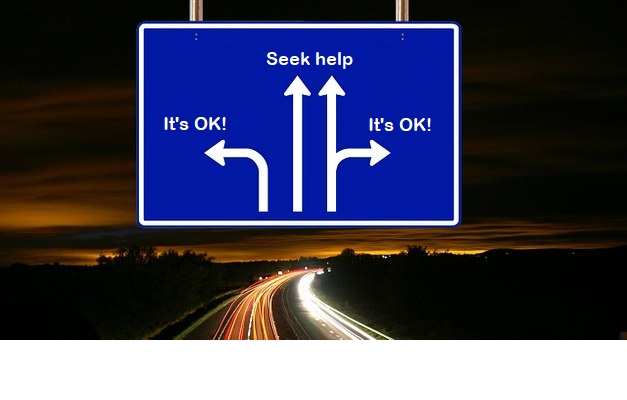
Coping with
Top tips to cope if you have worries about anxiety.
The following buttons are self-help suggestions

Finding help
Anxiety can be a problem when it happens too often. It can feel overwhelming, you can feel that you have a reduced ability to complete tasks of daily living. This could be a sign of an underlying mental health condition.
What can you do?
- Talk to your GP
- Talk to a mental health professional
Select the underlined topics below to view what resources are available.
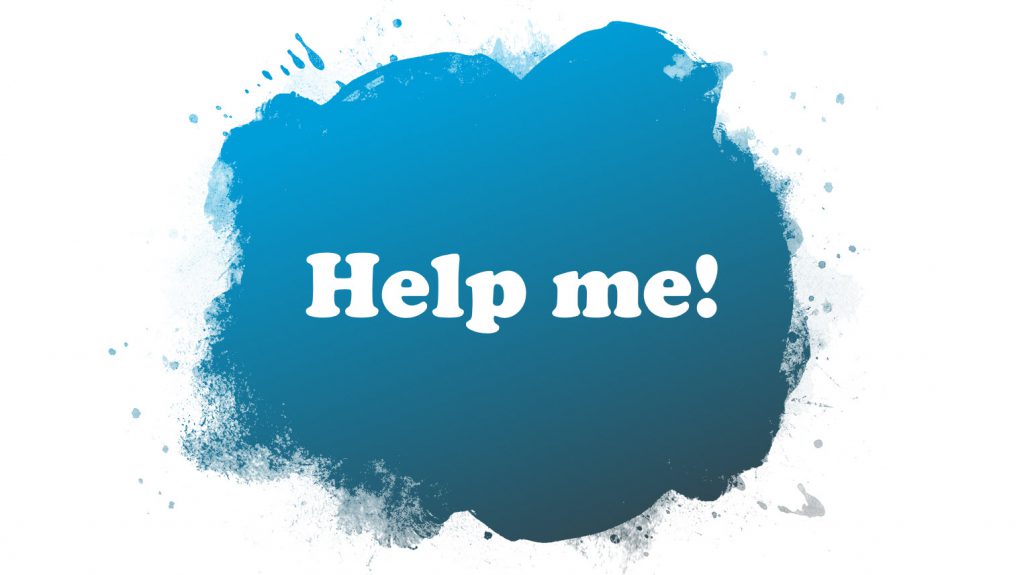
Getting more help
If you haven’t already found the help you’re looking for, you can find additional information and services which are more interactive here.
Select the underlined topics below to view what resources are available.
…in and around North Staffordshire
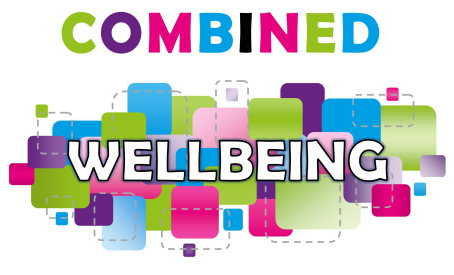







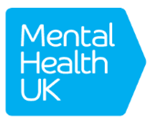





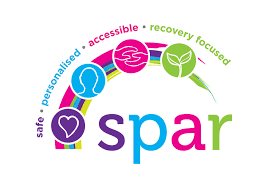
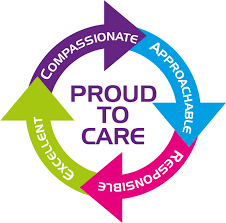




 Try and do this for a period of at least two weeks.
Try and do this for a period of at least two weeks. Drinking too much caffeine can cause you to feel more anxious than you may normally feel. Caffeine can speed up your heart rate and can also disrupt your sleep. Therefore, if you feel tired you are less likely to be able to control your anxious feelings.
Drinking too much caffeine can cause you to feel more anxious than you may normally feel. Caffeine can speed up your heart rate and can also disrupt your sleep. Therefore, if you feel tired you are less likely to be able to control your anxious feelings. Support groups are a great way to meet other people with similar experiences, therefore you may not feel so alone. They are able to give you advice on how to manage your anxiety.
Support groups are a great way to meet other people with similar experiences, therefore you may not feel so alone. They are able to give you advice on how to manage your anxiety.
